Can anyone please share the steps to hide the particular column from the table in SQL Server 2012 as I don't want to delete that column
By hide I mean that whenever I use the select query against that particular table it should never show me that column.
Is it possible? I need to make the column as hidden irrespective of any user login and whatever query i use
3rd party edit
Based on the comment But the problem is whenever i open the table in sql i dont want to see that particular column i assume that the question is:
- How can i configure ssms so that opening a table definition inside sql management studio to only show the columns the connected user has select right to?
The screenshot below shows all columns of the table Employee despite the fact that the login StackoverIntern has no select rights to the columns SSN, Salary
